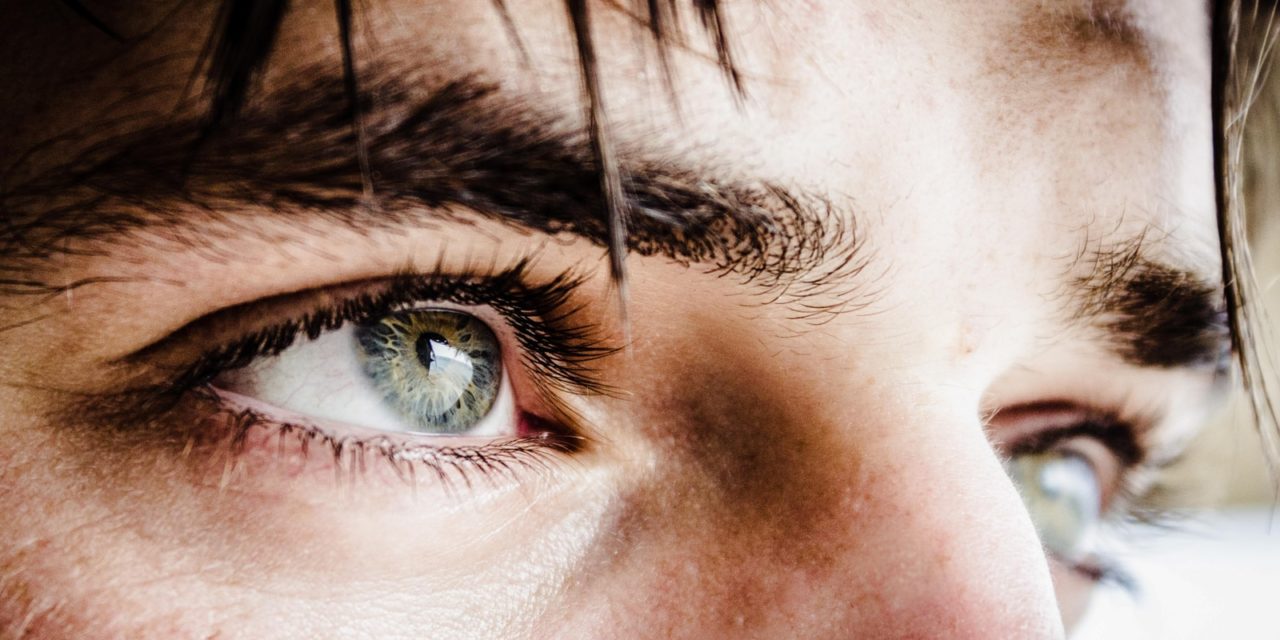Regular vision screenings are given to school-aged children, but early childhood blindness may develop even before elementary school. Treatments are more effective if early detection is made, so parents should check their children’s vision in preschool.
The most common disorder in children under the age of five is called lazy eye or ambylopia. Two to three percent of 100 children are affected by lazy eye. This is when one eye is stronger than the other. If left untreated the weaker eye will wander inwards or outwards, leading to permanent vision impairment.
Any situation that causes the eyes to blur, cross, or turn out can cause lazy eye. Strabismus, which is a problem with the coordination of the eyes’ movements and caused by a muscle imbalance, is the most common cause. Lazy eye can also be caused by congenital conditions like cataracts, oddly shaped eyes or other problems.
Lazy eye can usually be fixed with conservative treatments such as corrective eyewear, eye patches, or eye drops. If your eyes are droopy, crossed, or have an outward appearance, you might need surgery. If the problem is detected early, treatment can begin to improve vision within a few weeks or even months.
Some programs are designed to screen children as young as possible for vision problems. Lions Clubs International Foundation (LCIF), established a preschool vision screening program back in 1999. The volunteers are trained to screen children from the ages of one to five. Volunteers refer children to eye doctors if they find a problem.
Lions volunteers in Taiwan and the United States have already screened more than 1 million children. About 6 percent of children they see are referred by volunteers. About 65 percent of those who are referred have a vision disorder which can lead to lazy eyes.
Parents should schedule eye screenings. All newborns should have their eyes checked at each wellness visit. A family history of vision impairment should be documented by an eye specialist within 18 months. Every child should visit an eye specialist at least once a year by the age of 3.
For more information, please visit www.lionsclubs.org.












